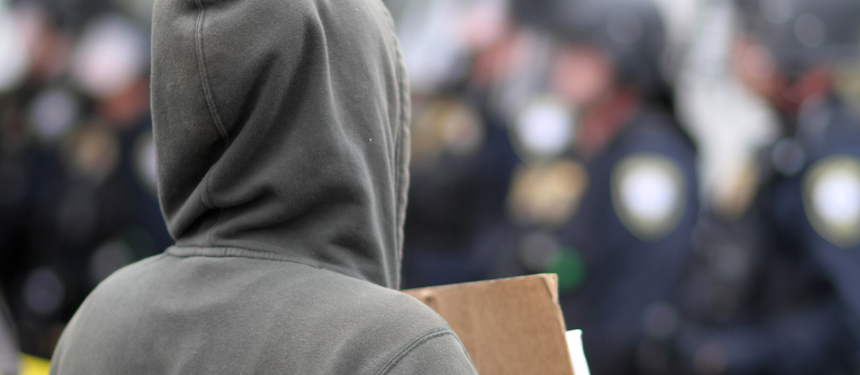Notable uptick in far-right Covid disinformation campaigns

During the pandemic, COVID-19 has been used as a means to disseminate xenophobic rhetoric and spread disinformation, which has come to the attention of the global media.
Far-right groups have used the current crisis to develop conspiracy theories and sow socially divisive narratives to further their xenophobic and anti-democratic ideological agendas. Reports indicate that the outbreak has resulted in a notable uptick in far-right disinformation campaigns online, portraying, in particular, migrant, Jewish, Muslim and Chinese communities as scapegoats for the outbreak. Other far-right disinformation campaigns focus on the spread of anti-government and pro-authoritarian narratives, aimed at increasing far-right ‘accelerationism’ with the goal of undermining democratic and liberal values and ultimately leading to societal collapse.
The international think tank, the Institute for Strategic Dialogue, which monitors and works to counter polarisation, hate crime and extremism, has noted a rise in far-right COVID-19 disinformation campaigns on various online forums and social media platforms. Such campaigns include the spread of conspiracy theories, xenophobic rhetoric and fake news on popular social media platforms including Facebook and Twitter, as well as lesser known forums often used by the far-right such as 4chan and messaging applications such as Telegram. Examples include numerous tweets calling COVID-19 the ‘Chinese Coronavirus’, and messages blaming the outbreak on the migrant community or certain ethnic minorities; the Ukrainian far-right Azov movement reportedly used Telegram to spread messages stating that white people were not to blame for the outbreak and scapegoating ethnic minorities in Italy.
Risk mitigation advice for COVID disinformation
People should also be cautious about the reliability of information on COVID-19 distributed on social media, forums and on various other media outlets.
Disinformation can have a deeply negative effect on behaviour, perceptions and mental wellbeing. People’s behaviour at a time like this is to scour the internet for information; while employers cannot control what information their employees follow, companies can provide their own COVID-19 output that has been corroborated and is balanced and informed. In the absence of physical interaction, this kind of communication between the company and its employees is more important than ever.
Outside of the workplace individuals are advised to refer mainly to official government websites and highly reputable media outlets for the latest information and medical advice in relation to the COVID-19 outbreak. Suspected disinformation on social media platforms should also be reported, as most social media companies have dedicated departments focused on tackling disinformation. While law enforcement and tech and social media companies across the globe are aware of these illicit activities and working to counter them, it is important that normal citizens are also alert to the increased risk and act accordingly.




